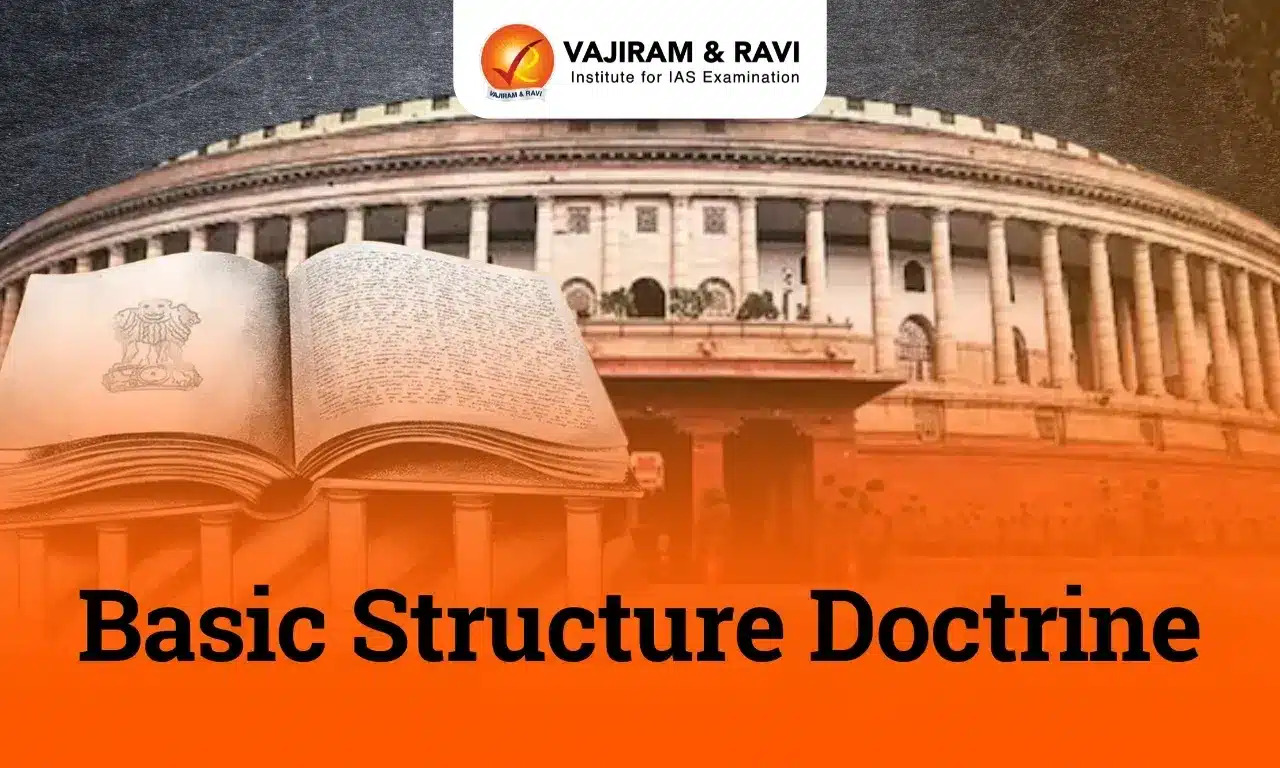The Finance Commission is a constitutional body that recommends how tax revenues collected by the Central government should be distributed among the Centre and various States in the country. The Commission’s recommendations are aimed at fostering fiscal federalism and ensuring that state governments have the necessary funds to implement development projects.
The Finance Commission is required to submit its recommendations at least once every five years, though it can be called upon to provide advice at any time. The most recent, 16th Finance Commission constituted on December 31, 2023, is chaired by Arvind Panagariya, the former Vice Chairman of NITI Aayog.
Finance Commission
The Finance Commission, established under Article 280 of the Constitution of India, is to be constituted every fifth year or earlier, as per clause (1) of that article. It is a constitutional and quasi-judicial body. Accordingly, the first Finance Commission was constituted in 1951. The President of India appoints a finance commission every five years or at an earlier time that he considers necessary.
- Its primary role is to review the financial position of the states and recommend measures to enhance the fiscal capacity of both the central and state governments.
- The Commission plays a crucial role in ensuring the equitable distribution of financial resources between the centre and the states, thereby promoting balanced economic growth across the country.
Finance Commission Composition
The Finance Commission consists of a Chairman and four other members appointed by the President of India. They serve for a term specified by the President and are eligible for reappointment. The Constitution empowers Parliament to set the qualifications for the Commission’s members and outline the selection process.
Following this constitutional provision, Parliament has defined the qualifications required for both the Chairman and the members. The Chairman must possess experience in public affairs, while the four other members are to be chosen from the following categories:
- A judge of a High Court or an individual qualified for such an appointment.
- A person with specialized knowledge in finance and government accounting.
- An individual with extensive experience in financial matters and administration.
- A person who has specialized knowledge in economics.
Finance Commission Functions
The Finance Commission is tasked with making recommendations to the President of India on several crucial financial matters. The President then presents such reports to both Houses of Parliament, accompanied by an explanatory memorandum detailing the actions taken on its recommendations. However, the Centre is not legally bound to implement the suggestions made by the Finance Commission. The key areas for which the Finance Commission provides recommendations include:
- The vertical devolution of net tax proceeds is to be shared between the Centre and the states;
- The horizontal devolution of respective shares among the states;
- The principles governing the grants-in-aid are provided to the states by the Centre from the Consolidated Fund of India.
- Measures to augment the resources of the Consolidated Fund of a state, aimed at supplementing the finances of panchayats and municipalities based on recommendations from the state finance commissions.
- Any other matters referred to it by the President in the interest of sound financial management.
Until 1960, the Commission also recommended grants for the states of Assam, Bihar, Odisha, and West Bengal in lieu of any share from the net proceeds of export duties on jute and jute products.
Finance Commission Criticisms
The Constitution of India envisages the Finance Commission as the balancing wheel of fiscal federalism, ensuring fair and equitable distribution of resources between the Centre and the states. However, despite its critical role, the Finance Commission has faced several criticisms over the years regarding its functioning and impact on India’s financial governance. Some of the major criticisms include:
- Advisory Nature of Recommendations: The recommendations made by the Finance Commission are advisory, not binding. This allows the central and state governments to selectively implement or even ignore the Commission’s proposals, potentially limiting its influence on financial decisions.
- Overlap with Planning Commission Functions: Historically, there was significant overlap between the Finance Commission’s responsibilities and those of the erstwhile Planning Commission, both dealing with resource allocation and financial planning.
- Inflexibility in Recommendations: Some critics argue that the recommendations may not be flexible enough to accommodate the unique needs of different states.
- Limited Scope: Critics argue that the Commission’s focus on revenue distribution may neglect other important aspects of fiscal governance, such as financial management and economic reforms.
Finance Commission Center States Disputes
Friction between the Centre and States arises from disagreements over tax revenue sharing. The Centre collects major taxes like income tax and GST, while States rely on sales taxes from goods outside GST, leading to financial strain as States handle essential services like education and healthcare.
- Demand for Increased Tax Share: States seek a larger share of tax proceeds, citing greater responsibilities and inadequate funding from the Finance Commission, which devolved only 38% of the recommended funds under the Fifteenth Finance Commission.
- Divisible Pool Disputes: Conflicts arise over the divisible pool, with cesses and surcharges excluded from sharing, potentially reducing States’ share to as low as 32%.
- Regional Disparities: Prosperous States like Karnataka and Tamil Nadu argue they receive less in return for their tax contributions compared to poorer States, raising concerns about the Finance Commission’s independence and potential political influence.
Finance Commission UPSC PYQs
Question 1) With reference to the Fourteenth Finance Commission, which of the following statements is/ are correct? (UPSC Prelims 2015)
- It has increased the share of States in the central divisible pool from 32 percent to 42 percent.
- It has made recommendations concerning sector-specific grants.
Select the correct answer using the code given below.
(a) 1 only (b) 2 only
(c) Both 1 and 2 (d) Neither 1 nor 2
Ans: (a)
Question 2) How have the recommendations of the 14th Finance Commission of India enabled the states to improve their fiscal position? (UPSC Mains 2021)
Last updated on April, 2025
→ UPSC Notification 2025 was released on 22nd January 2025.
→ The UPSC Vacancy 2025 were released 1129, out of which 979 were for UPSC CSE and remaining 150 are for UPSC IFoS.
→ UPSC Admit Card 2025 is expected to release in first week of May for CSE Prelims Exam 2025.
→ The UPSC Prelims 2025 is scheduled to be conducted on 25th May 2025 and UPSC Mains 2025 will be conducted on 22nd August 2025.
→ Apply once through it and aspirants can apply for various government exams conducted by UPSC.
→ The UPSC Selection Process is of 3 stages-Prelims, Mains and Interview.
→ UPSC Result 2024 is released with latest UPSC Marksheet 2024. Check Now!
→ UPSC Toppers List 2024 is released now. Shakti Dubey is UPSC AIR 1 2024 Topper.
→ Also check Best IAS Coaching in Delhi
Finance Commission FAQs
Q1. What is the term of the 16th Finance Commission?+
Q2. What is the tenure of the Finance Commission?+
Q3. Who is the Chairman of the 16th Finance Commission?+
Q4. What is Article 280 of the Constitution of India?+
Q5. Who was the first finance commissioner of India?+
Tags: finance commission quest
















